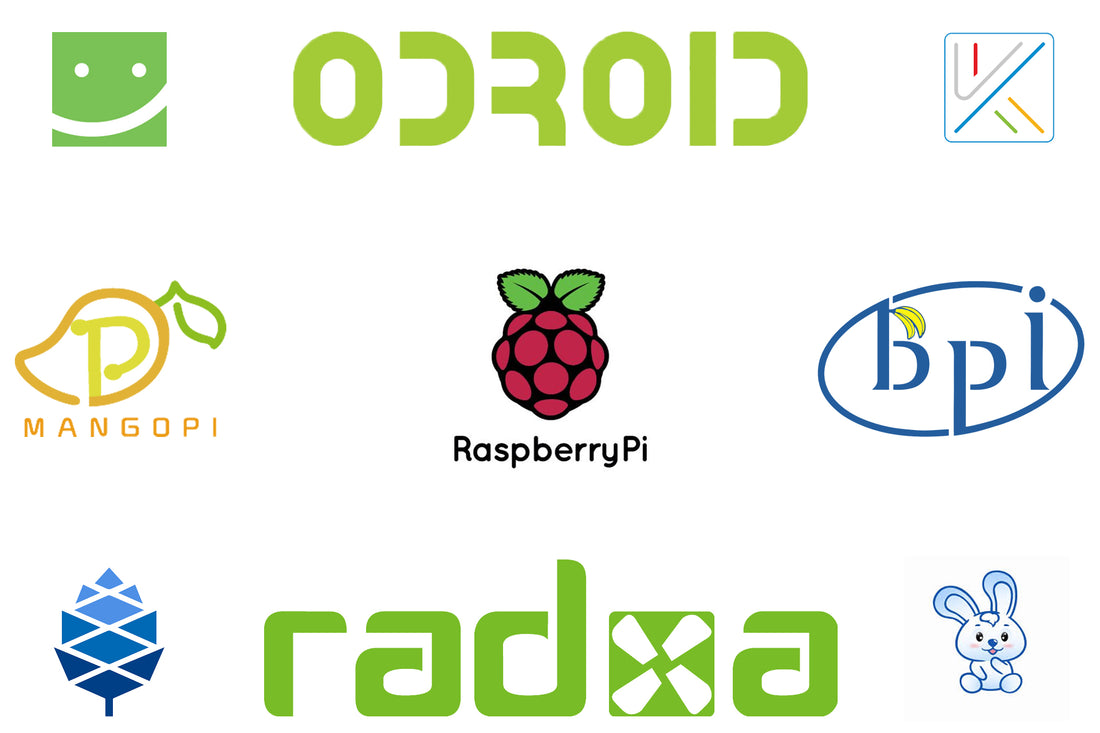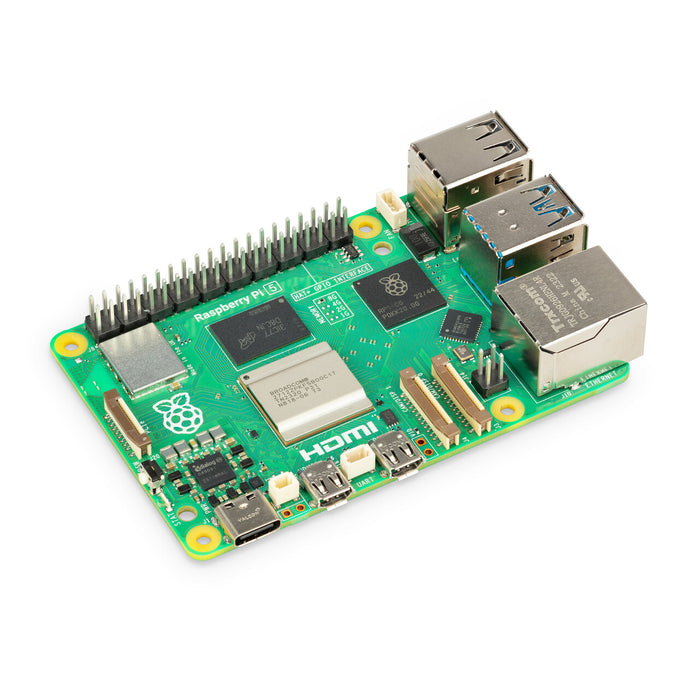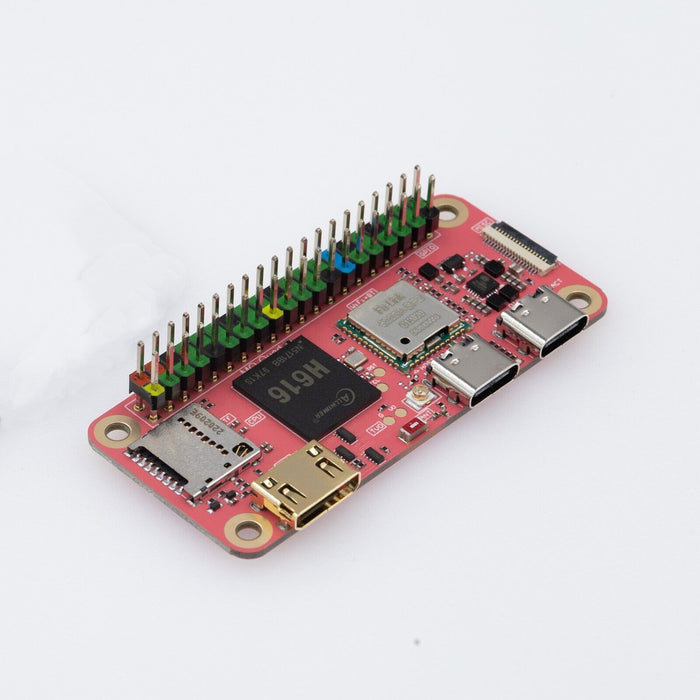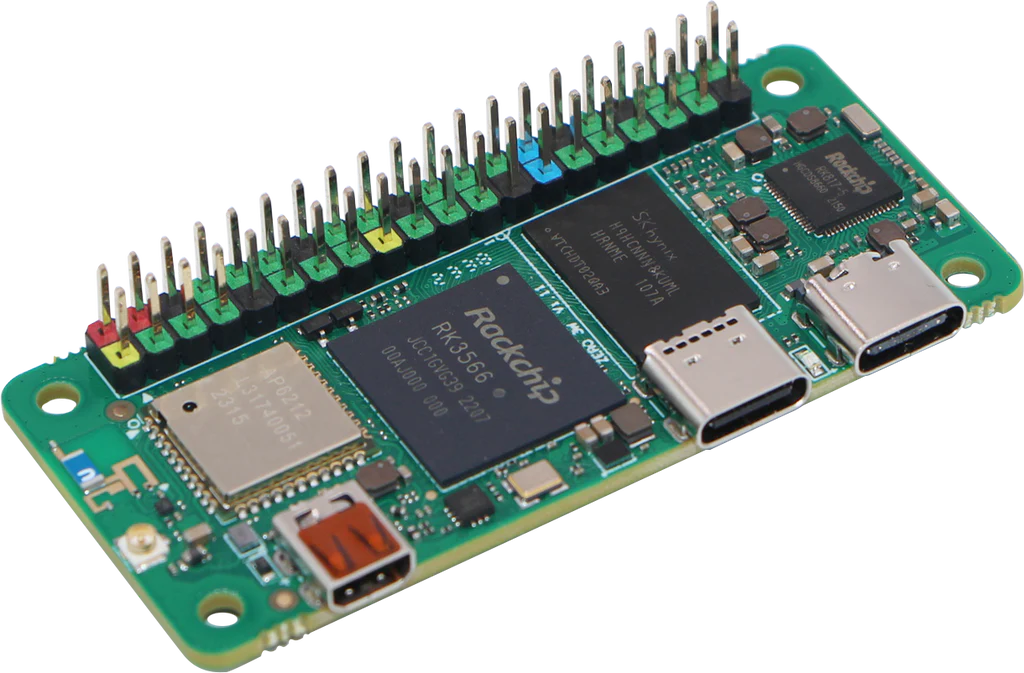
The Best Single Board Computers: Beyond the Raspberry Pi
Share
When you think of single board computers (SBCs), the first name that probably comes to mind is the Raspberry Pi. And for good reason! It's one of the most popular SBCs out there, but is it necessarily the best? Let's dive into the world of SBCs and explore some of the top contenders that might just give the Raspberry Pi a run for its money.
Raspberry Pi: The Popular Kid on the Block
The Raspberry Pi has set the standard for single board computers since its debut. The latest addition to the family, the Raspberry Pi 5, packs quite a punch with improved processing power and connectivity. However, it’s worth noting that popularity doesn't always equate to superiority.
addition to the family, the Raspberry Pi 5, packs quite a punch with improved processing power and connectivity. However, it’s worth noting that popularity doesn't always equate to superiority.
For those looking for versatility, the Raspberry Pi Compute Module 4 (CM4) is a fantastic option. It’s particularly favored in industrial applications and DIY projects. Plus, it’s a great choice if you’re working with the Home Assistant Yellow Kit, which we currently offer.
Sound-Alike SBCs: Mango Pi, Banana Pi, Nano Pi
You’ve heard of Raspberry Pi, but what about its fruity single board computers friends? Banana Pi, Mango Pi and the non fruity one Nano Pi are also worth considering. These brands may sound like knock-offs, but they bring some serious competition to the table.
-
Banana Pi: Known for a wide range of SBCs, Banana Pi has impressive models like the R3 Mini, M6, and M5. Each board offers unique features catering to different needs, from basic tasks to more complex computing.

-
Mango Pi: Offering models like the MQ-Pro and MQ-Quad, Mango Pi specializes in Zero form factor boards, making them great for compact projects.
- Nano Pi: While they produce numerous boards, Nano Pi tends to focus more on specific applications, making them a bit niche but highly efficient in their intended use cases.
Radxa: Versatility and Variety
Another strong contender in the single board computer market is Radxa. With a vast array of boards, Radxa provides numerous options that stand toe-to-toe with the Raspberry Pi. The ROCK PI, Radxa Zero, and ROCK 5 series are just a few examples of their impressive lineup. Whether you need a board for basic tasks or something more powerful, Radxa has you covered.
boards, Radxa provides numerous options that stand toe-to-toe with the Raspberry Pi. The ROCK PI, Radxa Zero, and ROCK 5 series are just a few examples of their impressive lineup. Whether you need a board for basic tasks or something more powerful, Radxa has you covered.
ODROID: Established and Reliable
When it comes to established names in the single board computer world, ODROID stands out. Known for robust support and a variety of operating systems, ODROID offers a range of excellent boards such as the C4, XU4, N2+, M1, M1S, and H3. And let’s not forget the new H4 line, with even more advanced features.
RISCV Boards: The Future is Now
For those looking into the future of computing, RISCV boards are an exciting area of development. Pine64’s Star64 is a notable example, bringing the innovative RISCV architecture to the forefront of single board computer technology.
In the grand arena of single board computers, the Raspberry Pi might be the most well-known player, but it’s far from the only option. Brands like Banana Pi, Nano Pi, Mango Pi, Radxa, Pine 64, ODROID and alternative boards like the indieDroid Nova, Youyeetoo X1 x86, offer fantastic alternatives that cater to a wide range of needs and applications. Whether you’re a hobbyist, a professional, or somewhere in between, there’s an single board computer out there that’s perfect for your next project. So, next time you're in the market for a single board computer, consider looking beyond the Raspberry Pi—you might just find your perfect match.
Join the Conversation
What’s your favorite single board computer? Have you tried any of the alternatives mentioned here? Let us know in the comments below!
